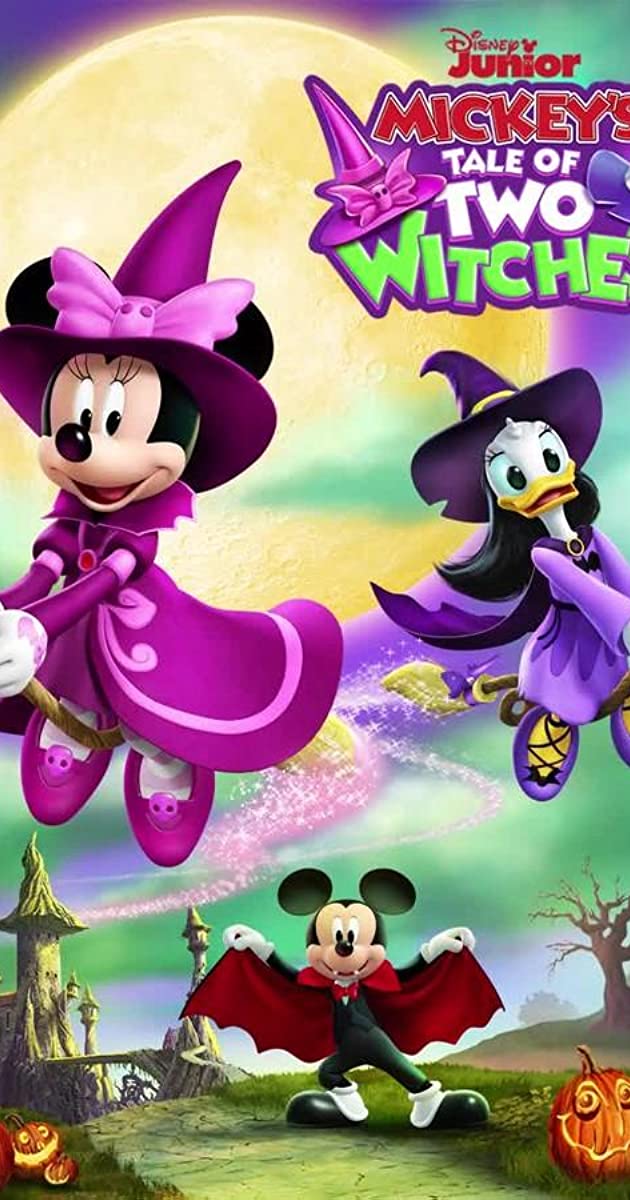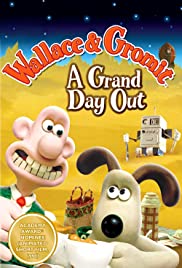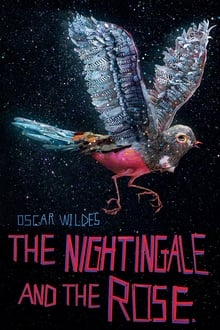
Many of my films involve humour, but unlike the earlier work Shepherd’s Delight attempts to confront the problem of humour head-on, referring directly (since a large part of the film is composed of jokes and their analysis) to the viewer’s perception of the film itself. The film is largely concerned with how context determines the reading of information. Since the film’s statements oscillate between the deadly serious (concentrating particularly on an examination of the more sinister aspects of humour) and the totally bogus, with no clearly defined points of changeover, the context is often ambiguous. Hopefully, this strategy undermines both the authority of the ‘serious’ statements and any predictable effect of the ‘jokes’. John Smith, 1984
You May Also Like

Undertakers wait on a family’s final farewells, as one son struggles to say goodbye to his dead father.

Life as the sole sale item in the clearance corner of Eben’s Bikes can get lonely. So Red, a unicycle, dreams up a clown owner and his own juggling act that steals the show. But all too soon, the applause turns into the sound of rainfall, as reality rushes back. Red must resign himself to sitting in the corner and await his fate.

On Halloween, Mickey tells a tale of two witches-in-training, Minnie and Daisy, who must pass four tests to graduate from the With Academy in Happy Haunt Hills.

A tramp gets drunk in a hotel lobby and, upstairs, causes some misunderstandings between Mabel, two hotel guests across the hall from her room, and Mabel’s visiting sweetheart.

Wallace and Gromit have run out of cheese and this provides an excellent excuse for the animated duo to take their holiday on the moon, where, as everyone knows, there is ample cheese. The moon is inhabited by a mechanical caretaker, who is not too happy about the two visitors from earth that nibble on the moon.

Tuesday explores a moment when responsibility and culpability share a thin line after a man leaves the scene of an accident and begins to fall apart from the ensuing guilt. Little does he know that there is more to what happened than what he thinks.

A nightingale bird discovers a true lover when she witnesses a young university student talk with great passion about his beloved. The Nightingale goes on a quest to find the red rose the Student needs win his lovers heart, but this comes at a chilling price. Based on the classic fairytale by Oscar Wilde.

“A Grain of Wheat” is a story of two bakeries in Yokohama. A French baker, Eriko, makes a sudden visit to Honda who is the owner of a historical bakery in Yokohama. They have different attitudes towards the craft of bread making but they start to feel mutual respect as they make bread together.

The film shows a strong bond between two brothers that live in a remote fjord with their parents. We look into their world through the eyes of the younger brother and follow him on a journey that marks a turning point in the lives of the brothers.